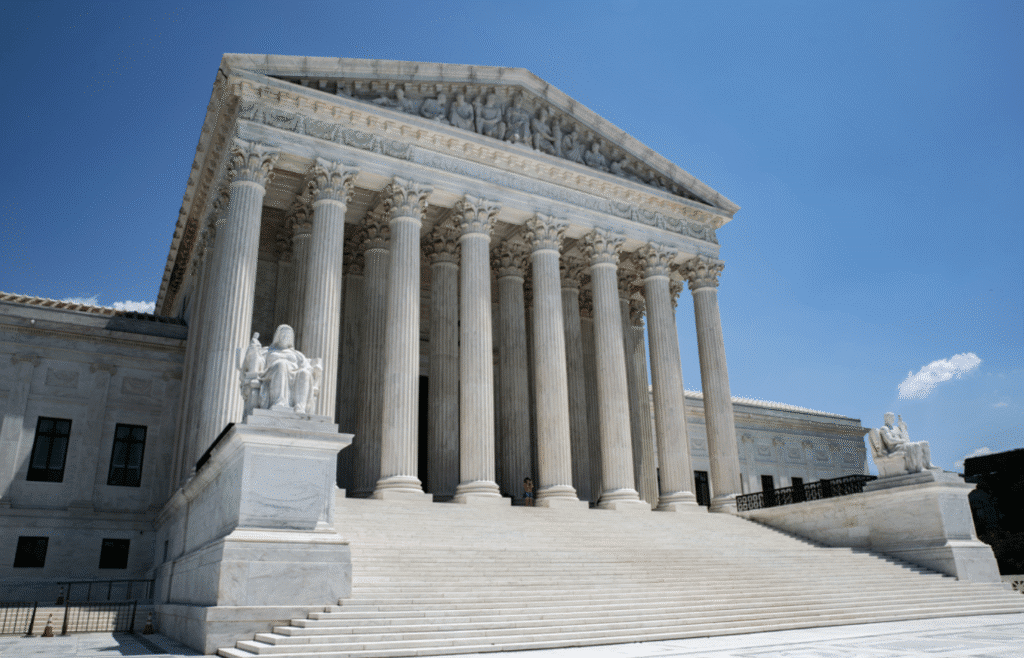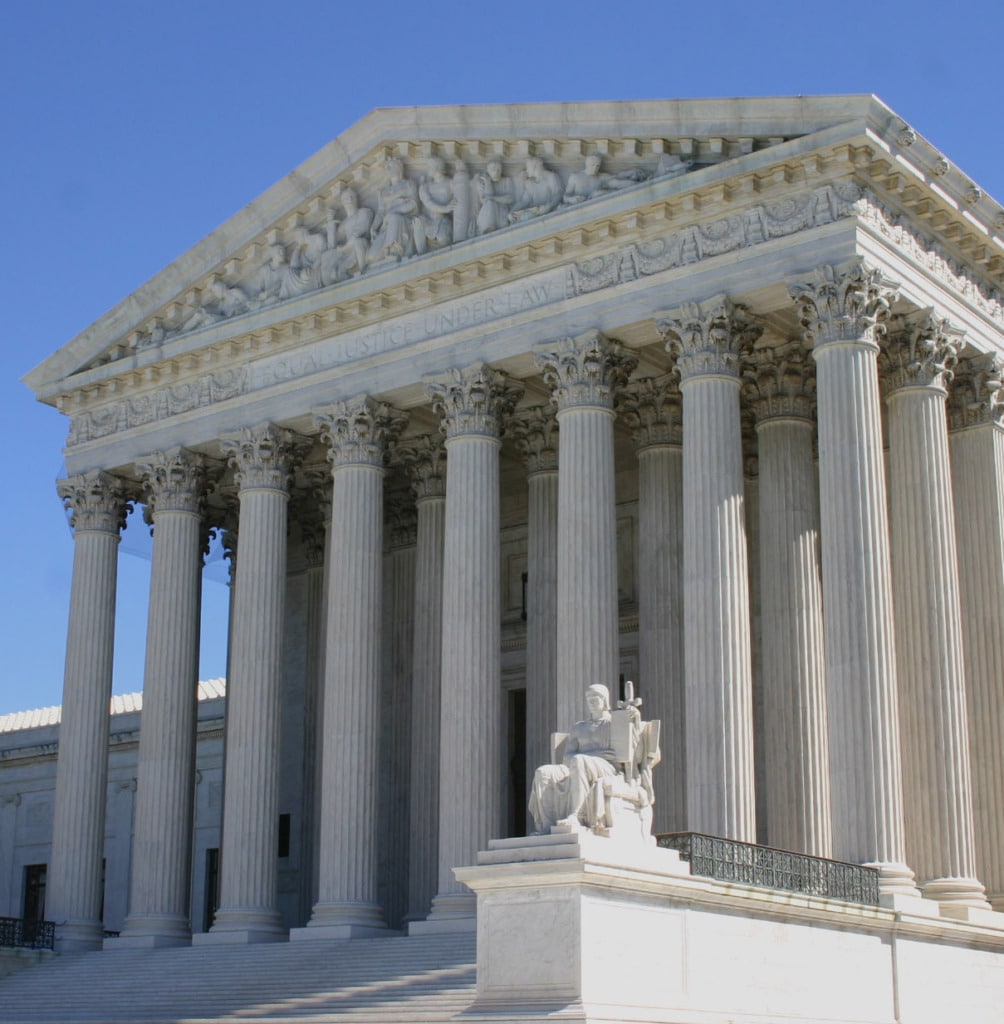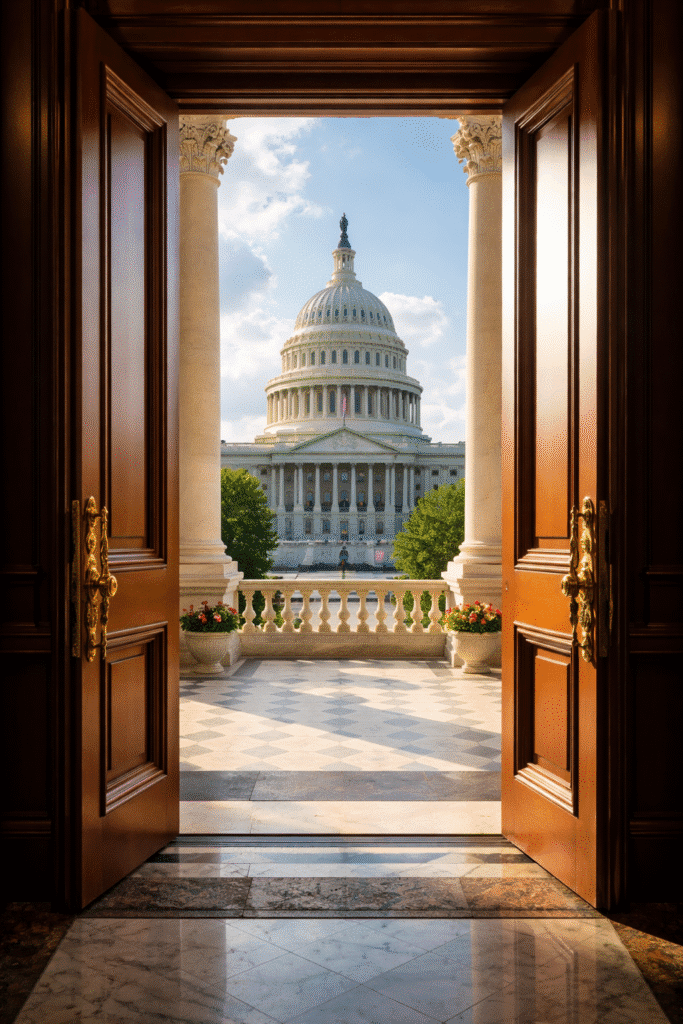Cert Grant in Climate Case
The Supreme Court has added a climate case to its docket. In Suncor Energy Inc. v. County Commissioners of Boulder County, local governments sued fossil fuel companies in Colorado state court to recover for damages they sustained as a result of climate change. The complaint includes claims for public and private nuisance, civil conspiracy, unjust…
Continue ReadingMedia Roundup: Learning Resources, Inc. v. Trump
On February 20, the Supreme Court decided Learning Resources, Inc. v. Trump, a case that questioned whether the International Emergency Economic Powers Act (IEEPA) permits President Trump to impose sweeping emergency tariffs. In a 6-3 vote, the justices ruled that the tariffs exceed the powers given to the president by Congress under the 1977 law….
Continue ReadingPreview of Supreme Court Arguments in Helms-Burton Act Cases: Havana Docks and Cimex
On February 23, 2026, the Supreme Court will hear oral arguments in Havana Docks Corp. v. Royal Caribbean Cruises and Exxon Mobil Corp v. Corporación Cimex. Prior coverage is here, here, and here. The Helms-Burton Act cases slated for argument on February 23 present the following two questions: Question 1: The issue before the Court…
Continue ReadingEnterprise-Wide Contracts as a Basis for Personal Jurisdiction Over Foreign Parent Companies
A couple of weeks ago, I wrote about a case in which certain enterprise-wide contracts executed by a (U.S.) corporate plaintiff figured in the analysis of legislative jurisdiction. Today, I want to focus on VMware LLC v. Siemens AG, a case in which certain enterprise-wide contracts executed by a (foreign) corporate defendant figure in the…
Continue ReadingChoice of Law in the American Courts in 2025
The thirty-ninth annual survey on choice of law in the American courts is now available on SSRN. The survey covers significant cases decided in 2025 on choice of law, party autonomy, extraterritoriality, international human rights, foreign sovereign immunity, adjudicative jurisdiction, and the recognition and enforcement of foreign judgments. This annual survey was admirably maintained by Symeon Symeonides for…
Continue ReadingProduct Use Restrictions as a Bar to Personal Jurisdiction
Exploding lithium battery cases against Samsung SDI Company, a South Korean defendant, have raised interesting personal jurisdiction issues. Litigants have not always done a good job of advancing the strongest factual and legal arguments, as a recent decision from the Fifth Circuit, Ethridge v. Samsung, makes clear. The cases, including B.D. by & through Myers…
Continue ReadingThe Many Uses of the Choice-of-Law Clause
In prior posts, I have written about the things that a forum selection clause can and cannot do. In this post, I do the same for choice-of-law clauses. Among other things, a choice-of-law clause may be invoked to: Select a law to govern the contract and claims related to the contract; Provide support for the…
Continue ReadingLegislative Control of Personal Jurisdiction—An Opening Door
As every first-year law student learns in Civil Procedure, the Supreme Court constitutionalized the law of personal jurisdiction in Pennoyer v. Neff (1878), holding that the Due Process Clause of the Fourteenth Amendment limits the jurisdiction that state courts may exercise. Legislatures still have roles to play. States enact long-arm statutes to reach non-resident defendants,…
Continue ReadingA Narrow Interpretation of the FSIA’s Expropriation Exception
Introduction Three generations of the Herzog family have sought to recover some $100 million in artwork stolen by Hungarian government officials and Nazi collaborators during and following World War II. The looted works included pieces by the renowned artists El Greco, Renoir, and Monet. To the family’s disappointment, the Court of Appeals for the D.C….
Continue Reading“Waiving” the Hague Service Convention
Complying with the Hague Service Convention (HSC) is admittedly not always easy, quick, or even feasible. Not surprisingly, then, parties may want to work around the HSC through contractual language. John Coyle, Robin Effron, and I have previously explained how private parties can—and cannot—contract around the HSC. Unfortunately, the District of New Jersey (Judge Julian…
Continue Reading






